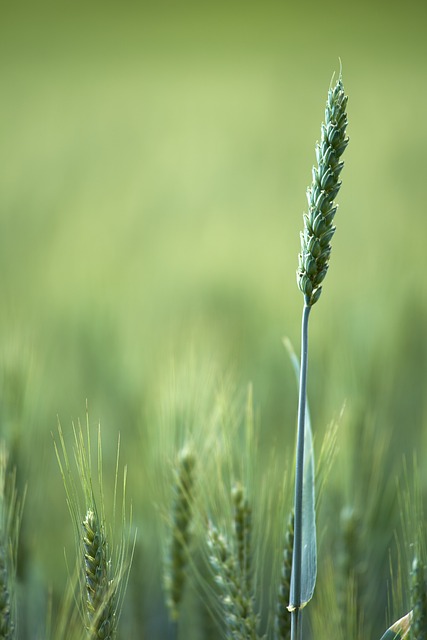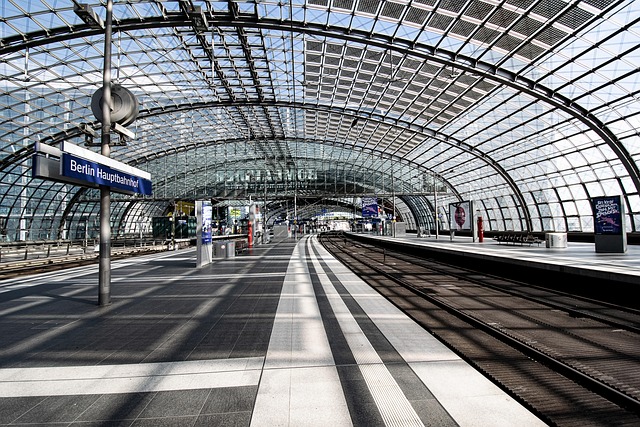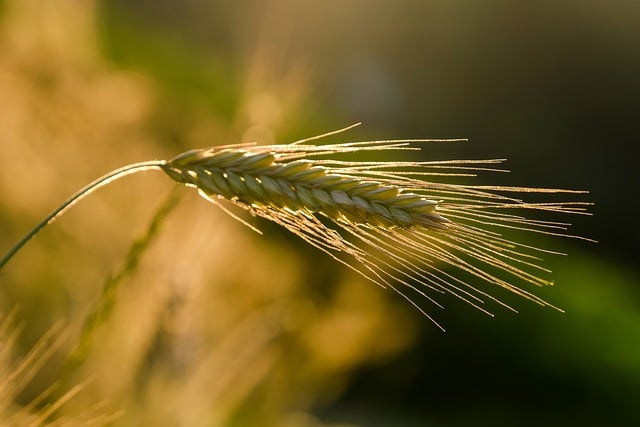Junction City's agricultural landscape, characterized by rich soil and diverse crops, is integral to its identity and economy. Local farmers embrace organic practices and CSA programs, fostering a sustainable food system. Logging, practiced responsibly, supports ecological balance and wood product needs. However, recent deforestation due to logging expansions poses severe environmental risks, including habitat loss and soil erosion. Balancing economic prosperity with eco-friendly practices is crucial for Junction City's agricultural heritage and long-term success, ensuring a robust and sustainable future for local farming.
“Junction City’s agricultural landscape is a delicate balance between thriving forests and human development. This article delves into the multifaceted impact of logging on this unique ecosystem, exploring its role in forest management while uncovering the environmental consequences of deforestation. We analyze the economic dynamics for local communities, highlighting both benefits and challenges. Furthermore, sustainable practices are discussed as potential solutions to ensure a prosperous future for Junction City agriculture.”
- Understanding Junction City's Agricultural Landscape
- The Role of Logging in Forest Management
- Environmental Impact: Deforestation and Consequences
- Economic Benefits and Challenges for Local Communities
- Sustainable Practices and Future Prospects for Junction City Agriculture
Understanding Junction City's Agricultural Landscape

Junction City, nestled in the heart of [region], boasts a vibrant agricultural landscape that has shaped its identity and economy for centuries. The city’s rich soil and favorable climate have made it an ideal location for farming, with vast fields stretching as far as the eye can see. Traditional crops like wheat, corn, and soybeans dominate the scene, but Junction City’s farmers have also embraced diverse practices, cultivating specialty items such as organic fruits, vegetables, and even artisanal herbs. This blend of conventional and innovative agriculture contributes to a thriving local food system, supplying not only the city’s residents but also surrounding areas.
The agricultural landscape of Junction City is more than just crops and livestock; it’s a network of small towns, family-run farms, and cooperative efforts that have fostered a strong sense of community. Local farmers markets and community supported agriculture (CSA) programs further strengthen this connection, allowing city dwellers to access fresh, locally sourced produce. This commitment to sustainability and self-sufficiency not only benefits the local economy but also ensures a rich and resilient food culture for generations to come.
The Role of Logging in Forest Management

Logging plays a pivotal role in forest management, particularly in Junction City’s agricultural landscape. It involves the selective felling and removal of trees for various purposes, including timber production, land development, and clearing for agriculture. This practice is not merely destructive but is carefully orchestrated to maintain ecological balance and promote healthy forest growth over the long term.
In Junction City, logging is often seen as a necessary step in sustainable forest management. It helps control tree density, allowing sunlight to reach the forest floor, fostering diverse plant life. Additionally, it provides raw materials for local agriculture, supporting the production of wood products essential for construction and manufacturing. When done responsibly, logging can contribute to the city’s agricultural sustainability by offering a steady supply of renewable resources while ensuring the preservation of the region’s unique natural tapestry.
Environmental Impact: Deforestation and Consequences

The dense forests surrounding Junction City have long been a vital component of its natural beauty and ecological balance. However, the expansion of logging operations in recent years has led to significant deforestation, with vast areas of timberland cleared for various purposes, including agriculture. This rapid loss of forest cover comes with severe environmental consequences.
Deforestation disrupts the local ecosystem by eliminating habitats for countless plant and animal species, many of which are unique to the region. It contributes to soil erosion, as roots no longer stabilize the land, leading to increased sedimentation in nearby rivers and streams. Moreover, trees play a crucial role in regulating regional climates, and their removal can alter temperature and precipitation patterns, impacting not just Junction City but the broader region’s agriculture and biodiversity.
Economic Benefits and Challenges for Local Communities
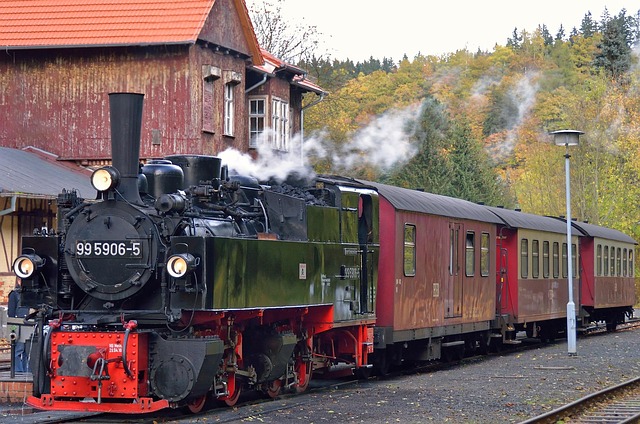
The economic landscape of Junction City has long been intertwined with its natural resources, particularly through logging. While this industry has brought significant financial gains to local communities, it also presents unique challenges. The benefits of logging for Junction City agriculture cannot be understated; it provides a steady income source for farmers and landowners, enabling them to invest in modern equipment and techniques that enhance productivity. Additionally, the demand for timber supports local businesses like sawmills and construction companies, fostering job growth and a thriving economy.
However, the reliance on logging also poses risks. Unregulated or unsustainable practices can lead to environmental degradation, impacting the very essence of Junction City’s natural beauty and agricultural potential. The departure from traditional farming methods due to shifting economic pressures may result in soil erosion and habitat loss, affecting both local agriculture and tourism—a sector that has emerged as a significant contributor to the city’s economy. Balancing these factors is crucial for the long-term prosperity of Junction City, ensuring its agricultural heritage remains robust and resilient.
Sustainable Practices and Future Prospects for Junction City Agriculture
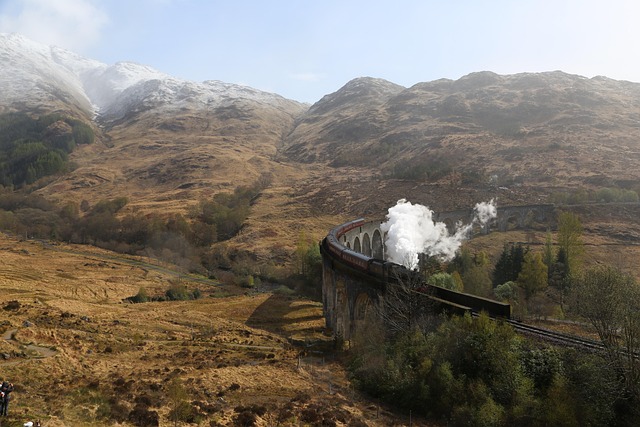
In recent years, there has been a growing emphasis on sustainable practices within Junction City agriculture. Farmers are increasingly adopting eco-friendly techniques such as organic farming methods, precision agriculture, and agroforestry to minimize environmental impact while maximizing productivity. These practices not only help preserve local ecosystems but also contribute to the overall resilience of the city’s food system.
Looking ahead, the future prospects for Junction City agriculture appear promising. With continued innovation in sustainable technologies and increasing consumer demand for locally sourced, organic produce, there is potential for a thriving and resilient agricultural sector. By embracing these trends, Junction City can ensure not only its food security but also its environmental sustainability for generations to come.




